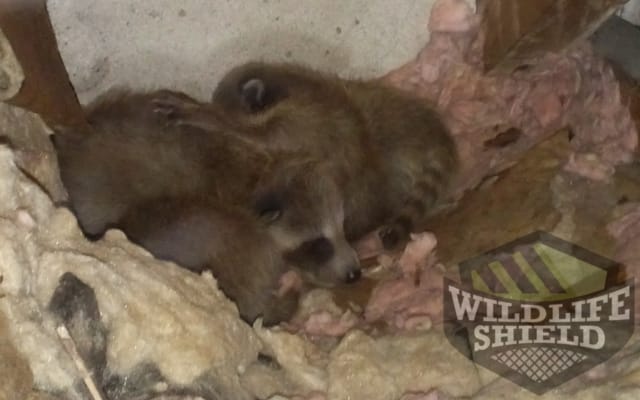If you are a resident of Ontario, you have a raccoon story. They are real-life bandits and menace to society. Some people refuse to see them for their destruction, feed and house them. If you were a sympathizer back in 2015, under the then mayor of Toronto John Tory, would have charged you for “High treason” for what he joked was aiding and abetting the crafty bandits. Raccoons are high up in Toronto’s most wanted list.
The city of Toronto has vowed to fight them ever since they took over the city, changing its name at the ‘Nation’s Capital of Raccoons.’ But even with the green bins, the raccoon soon learned how to maneuver through the locks. The Raccoon problem isn’t getting any better with the raccoon baby season just around the corner. What this means is there will be a new generation of raccoons to deal with throughout the year. Over the years, raccoons have been a symbol of the growing pains of rapidly expanding Toronto, where every business is in a constant battle for space.
According to the owner of a Raccoon Removal Toronto based wildlife control company, raccoons are just like people. Some are curious, others are angry, others are just happy and about their business. One will storm into your store get what it wants and leave; another one will come in and give the owners a hard time getting it out.
Ontario has picked up after the raccoons, more and more businesses are using the raccoons on their logo. However, the region is still divided between people who want them and people who trap them for destroying their property. But, one thing both these residents agree on is garbage pandas, a street name for the raccoons will eat almost anything. Their diet has evolved over the years, slowly shifting from berries and grub and slowly into human food. This is perhaps what has escalated the waging war between Ontario business and property owners.
Raccoons have grown in number significantly, and with the raccoon baby season, their population is set to explode. Their number has gone up to 100 raccoons per square kilometer which is far greater than numbers in the rural areas. It’s hard to make a case why raccoons are drawn to Ontario. Food is perhaps the main draw, and once business and property owners begin implementing preventive measures, the numbers will drop significantly.
But the war with Ontario did not just begin with overpopulation and raccoon destructiveness. Raccoons have proven to be equally as smart as humans, putting the City of Toronto to shame severally after trying to keep them off garbage bins with the “Green bins”. It seems as though the city life has rewarded their ingenuity, and Ontario could be witnessing the emergence of a whole new breed of raccoons with every single raccoon baby season.
So how can Toronto business stop this rapid evolutionary arms race? According to Suzanne McDonald, a professor of animal behavior and Toronto’s premier raccoon researcher, Ontario only has two options. It needs to come up with better garbage locking mechanisms or make peace with the masked bandits. She further insisted that residents blame the raccoon for being intelligent, but they are responsible for making them that way— the influx of raccoons is Ontario’s burden to bear.
It’s a love-hate relationship. One moment residents are tweeting about a dead raccoon named Conrad, the next minute they are bashing it for all the havoc it causes.

